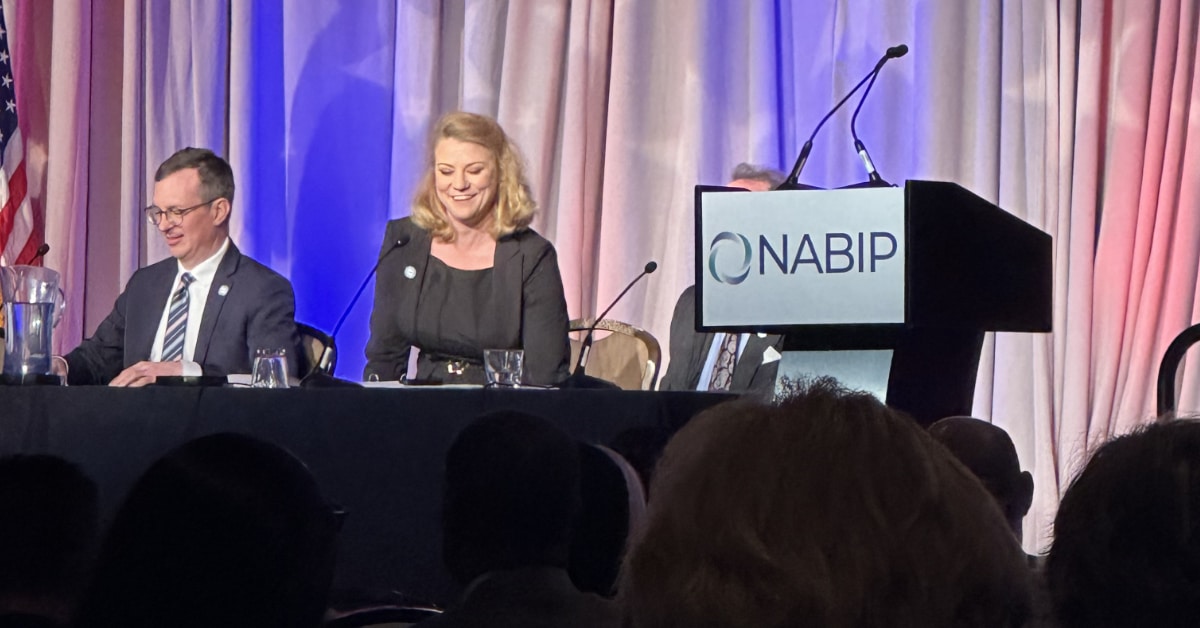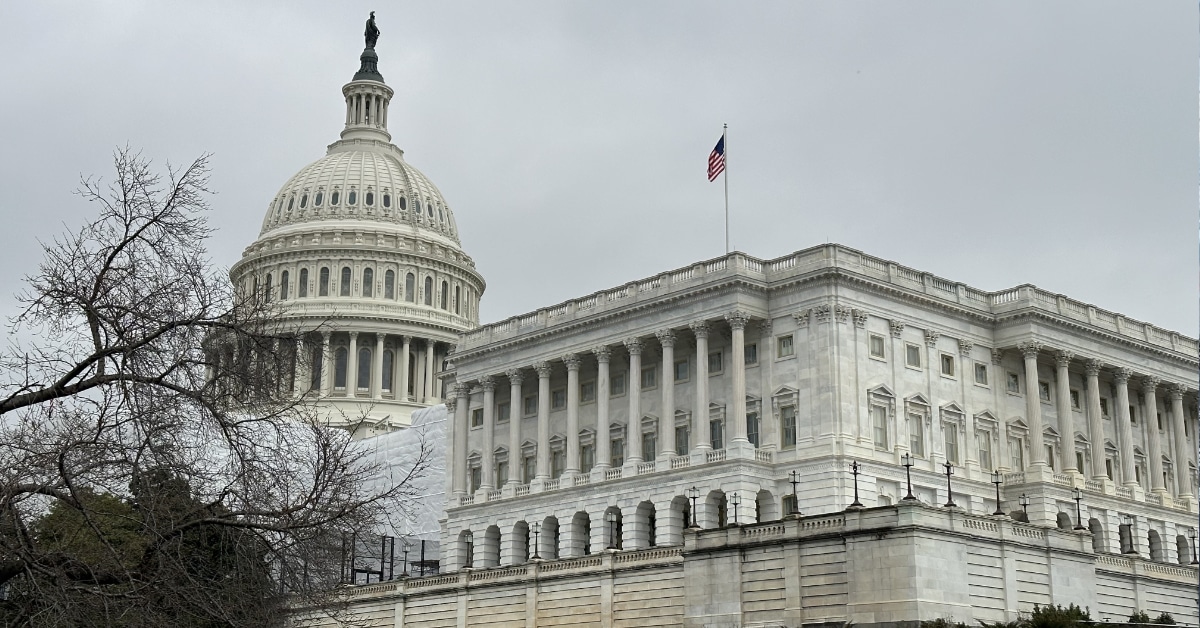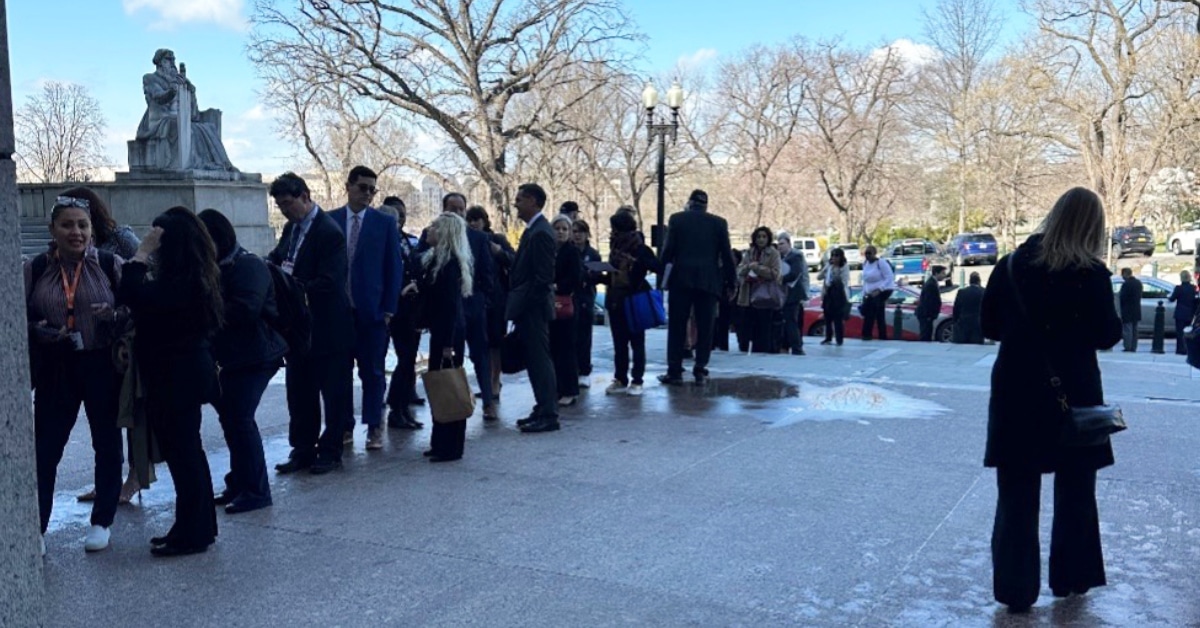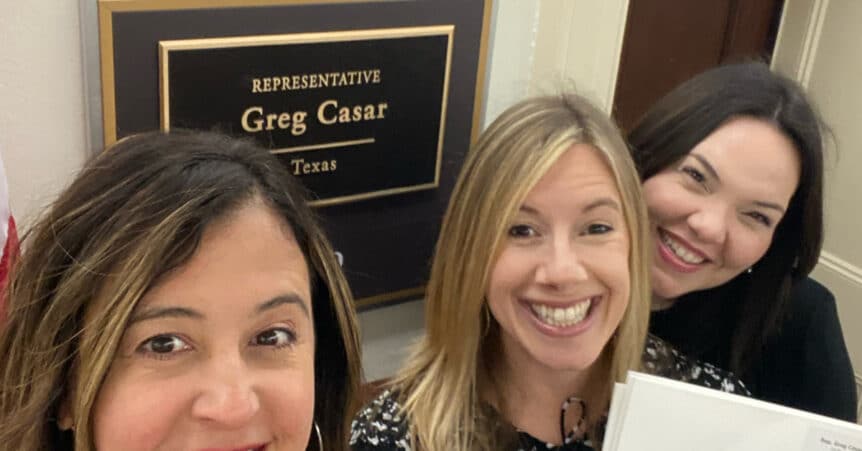I’ve always walked to the beat of my own drum. I didn’t outwardly challenge the status quo, but quietly questioned it.
As I became an adult, I developed the courage and confidence to voice my questions. My moral compass is strong and uncompromising, yet, I pursue understanding.
We live in a society that is so quick to reject differences out of fear of the unknown.
I take a different approach, embracing and exploring the why behind others’ behavior. The why is the beating heart.
It enthralls me to be exposed to different thoughts, perspectives, and experiences. Once the layers are peeled back, we realize our common ground far outweighs our differences.
My appreciation for diversity has instilled a strong sense of empathy.
From working as a social worker in the inner city of Chicago, to managing global clinical trials in search of treatments for people in pain with no resolve, to now assisting seniors in understanding Medicare and their options, empathy is the cornerstone of my work.

Recently I attended a national insurance conference with the National Association of Benefits and Insurance Professionals (NABIP) in Washington DC, where hundreds of insurance professionals attended with one goal: to shape the future of healthcare.
What an overwhelming goal. How does one person affect change?
The jam-packed conference was filled with programming from powerful insurance leaders, government health policy advisors, lobbyists, senators, directors of CMS (Centers for Medicare and Medicaid Services), and more.
Those of us who showed up to this conference had a greater mission: to advocate for the people we serve, you.
Advocating for Medicare Affordability and Accessibility
Policy changes happen and many times they happen without an understanding of who those changes impact. When it comes to healthcare, be it individual, group, or Medicare, every single American is affected.
I have said it before and will say it again: your medical insurance is the most important bill you pay, because your financial future and physical future wellbeing depend on it. Therefore, we must continue to advocate for access and affordability across all sectors—including Medicare.
The foundation of advocating lies in sharing our stories; your stories. The stories of how the systems in place have failed us as well as the ones that show how they have functioned as they should. We have to give our elected officials the real life examples of why a policy is working or is not, as we ask them to push for change.
Part of the conference included meetings on Capitol Hill with elected officials to advocate for policy change. Did you know that 51% of the current legislatives on capitol hill are new? Which means 51% of legislators need to be introduced to NABIP and the topics that are causing angst in the insurance industry.
I am not going to lie to you, I was nervous! It felt a bit daunting.
I was reminded that if I don’t tell my story, your story, then who will? We need to inform politicians about our current Medicare and healthcare challenges through evidence-based information. Case studies. Real stories. Anecdotal examples. And that is exactly what I did.

Current Medicare Legislation Challenges
Here are the main topics that I advocated for as it pertains to Medicare and some of the examples I shared:
Hospital Observation Status Should be Treated as Inpatient Status
Medicare has a rule that you must be admitted in a hospital for three days for Medicare to pay for admission to a Skilled Nursing Facility.
Unfortunately, many Medicare beneficiaries are classified as being on “observation” in the hospital instead of admitted and this affects their ability to get Medicare coverage when admitted to Skilled Nursing.
We urged congress to support legislation that would allow observation stays to be counted toward the three-day mandatory inpatient stay for Medicare coverage of a Skilled Nursing facility (SNF).
Maria
Let’s look at Maria, who is at the ER after a fall. She waits in the ER for a long time as it is crowded and eventually gets admitted to an inpatient floor. Maria stays three nights and is too fragile to go home; she needs rehab at a skilled nursing facility (SNF) to gain strength in order to be safely discharged home.
However, her first day in the ER she was not yet assigned a room and thus considered observation status. She was technically only admitted for two nights in the main hospital while the other day was observation, so she doesn’t meet the criteria for Medicare to cover her SNF stay.
Maria can’t afford to pay for the SNF on her own, so she goes home. While at home, she has complications and has to have an ambulance take her back to the hospital, this time with more severe injuries. Now she has a five day inpatient stay and then goes to a SNF.
Had the observation visit from her first hospitalization counted towards her hospital stay, Maria would have gotten the care she needed instead of enduring more pain as well as an ambulance transport and an additional five days in the hospital.
Medicare Needs a New Open-Enrollment Period for Part D
Many Medicare beneficiaries enroll in their plan during the Annual Enrollment Period (AEP) and are locked into their coverage for the next full year. Medicare Advantage offers an additional three-month open-enrollment period (OEP) at the beginning of every year after AEP to allow beneficiaries to switch between plans if needed.
We urged Congress to enact similar consumer protections during the OEP for Part D plans to allow beneficiaries to access the plans that best fit their prescription drug needs.
Paul
For example, Paul updates his stand-alone Part D plan during Medicare’s Annual Enrollment Period (AEP) confirming all his medications are covered. He is now locked into this plan for the year.
However, in February he suffers a heart attack and is prescribed a new medication that is not covered on his current plan, forcing him to either pay full retail cost out of pocket or not take that medication.
If there was an additional open enrollment period for Part D plans, beneficiaries could have the option to change to another plan if a new medication is prescribed after AEP.
COBRA Coverage Should be Treated as Creditable Coverage
Seniors who are enrolled in COBRA coverage, but are eligible for Medicare, face financial penalties for not enrolling within the mandated timeframe.
However, seniors who are enrolled in similar employer-sponsored plans are not penalized as their coverage is considered creditable for Medicare. Switching from a COBRA plan to Medicare could be disruptive for beneficiaries’ care and may come with financial consequences for terminating their COBRA coverage early to meet the Medicare- enrollment windows.
Seniors should be able to remain on their COBRA coverage without penalty just as seniors who remain on similar employee-sponsored coverage.
We urge Congress to support forthcoming legislation that would allow seniors enrolled in COBRA coverage to transition to Medicare Part B without a penalty.
Beth
Beth has been on COBRA for a few months and currently undergoing treatment for Cancer. She has met her deductible and pays no out of pocket costs for care or medications. She turns 65 in a couple of weeks and will have to switch to Medicare.
In doing so, she may have changes to her coverage, costs of treatments, and potentially have to change providers, disrupting her treatment and care.
Medicare Advancements Are Our Responsibility
Will my efforts and the efforts of the hundreds of insurance professionals who joined me on Capitol Hill make a change? Yes.
Will we see that change happen immediately? No.
My biggest takeaways from this experience were:
1) We need to be the change we seek. If we don’t speak up, who will?
2) Change takes time. Never give up.
Change takes time. Change takes patience. Change takes persistence. The energy on Capitol Hill was electric. The power, permeable.
Being naïve to this process I was absolutely shocked at the lines of people waiting to get into the buildings to advocate for their needs, to urge their elected officials to make a change, to tell their story. Lines and lines and lines.

And it dawned on me that our administration has a revolving door of people pleading a cause and asking for change. I am a small dot in a sea of dots, all wanting to make a difference.
I won’t stop, but I see why it takes time, patience, tenacity, and persistence for changes to be made.
Part of my responsibility in serving the Medicare community is advocating for change. At JBird Insurance, I am truly committed to working tirelessly on your behalf to help you find, understand, and utilize the Medicare plans available to you.

